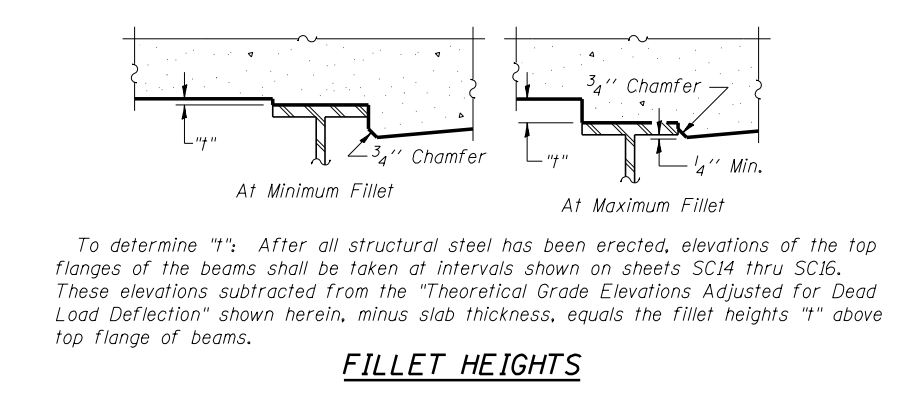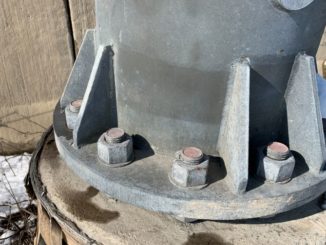
I’m posting a link to a news report that I read recently where the failure mechanism was likely just what this question is about:
More people claim problem concrete in new home driveways
I would bet a day’s paycheck that, if this woman could turn the clock back and be able to see the concrete contractor installing her driveway, that she would see finishers “baptizing” the driveway with water – LOTS OF WATER!! “Baptizing” is a term that we use to describe taking a finishing brush, dipping it in a bucket of water, and then casting it out on the concrete to make the finishers’ work easier for floating & closing the surface.
When concrete is mixed, just like a cake mix, chemical reactions begin to take place and the cement, sand, water & cement become an integrated matrix. When a finisher adds water to the top of the concrete, it would be like taking a cup of water and pouring it into your cake mix: It doesn’t just automatically become part of the batter, right? Excess water in the top skin of the concrete essentially debonds the aggregates from the cement past, and what your are left with is a soupy cement past on top of concrete.
In the attached article, look at the broken particles in the pictures of the woman’s driveway – They are not full chunks of concrete, it’s the unbonded cement paste. You can see in the first picture the sound concrete in the base: Concrete/aggregate interlock is there, it’s the skin that’s failing. What she has on the top surface of her driveway is more like a mortar than it is a concrete: It’s the product of a lot of water being introduced to the concrete on its surface which now has no structural value since it is not connected to the mass base concrete below it. A couple of Denver winters, with freeze thaw conditions, moisture permeating the surface – It’s a simple recipe for failure.
Here’s the Action Item if you ever have a driveway, sidewalk or patio built: Tell the Contractor that you do not want the finishers baptizing the concrete. As soon as they hear you use the term, they’ll know you know what you’re talking about…!!




Be the first to comment